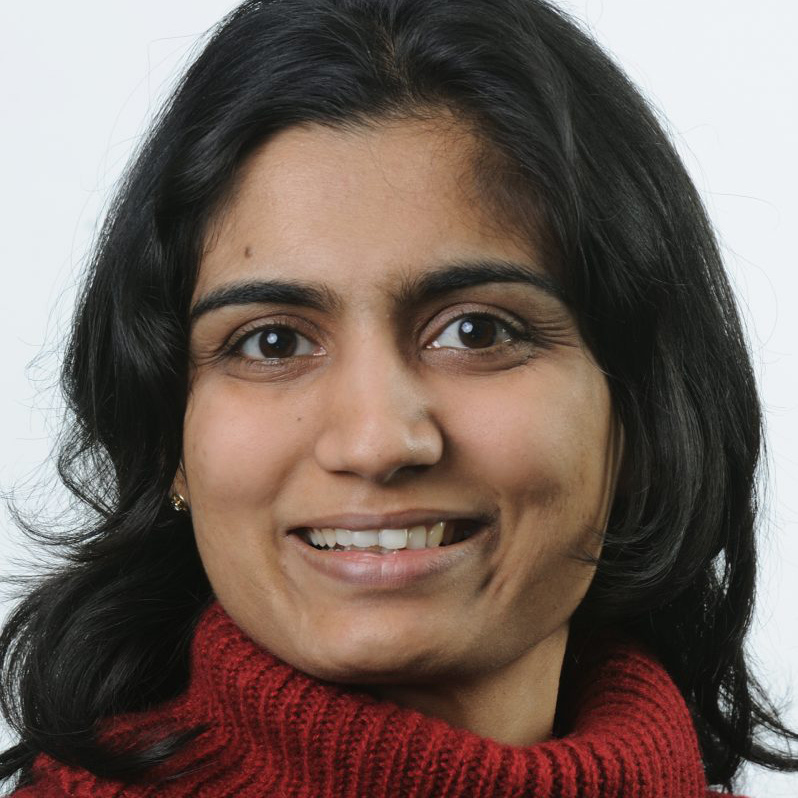Foto: ©Katarzyna Bialasiewicz– stock.adobe.com
Global cooperation on the road to personalised medicine
Every person is unique. In the field of medicine, too, therefore, there is not always one universal solution for everyone. Since May 2020, excellent researchers from all over the world have been working together with colleagues from Leibniz Universität, Hannover Medical School (MHH) and European partner institutes in the Leibniz Future Laboratory for Artificial Intelligence (LeibnizAILab) to develop intelligent, reliable and responsible systems for personalised medicine. The Future Lab is based at the L3S research centre. “By tailoring prevention, diagnostics and therapy to individual needs, we put the focus on the individual patient,” says Dr Megha Khosla, project manager of the LeibnizAILab. The researchers involved have started by examining data on three diseases: Breast cancer, psychiatric diseases and leukemia.
In the breast cancer project, computer scientists from the L3S are working together with the gynaecologist Prof. Tjoung-Won Park-Simon and the biochemist Dr. Thilo Dörk-Bousset from the Women’s Clinic of the MHH to identify factors for the success of therapy in patients diagnosed with breast cancer. In particular, the scientists want to find out whether there is a connection with socio-economic aspects such as education and migration background. In addition, they want to investigate in which patients the individual forms of therapy are successful and in which they are not. AI methods should help to identify corresponding subgroups on the basis of the patient data in order to enable a targeted, personalised therapy.
The main topics of the “Big Data in Psychiatric Disorders” project include schizophrenia and neurodegenerative diseases. Together with Prof. Dr. Helge Frieling from the Department of Psychiatry, Social Psychiatry and Psychotherapy at the MHH, the researchers from the LeibnizAILab are examining the genetic information of around 50,000 patients who have been diagnosed with schizophrenia. The aim is to identify possible subtypes of the disease. In addition, the researchers are focusing on identifying markers for certain neurodegenerative diseases in patients with old-age depression.
In the “Big Data in ALL” project, the researchers are looking at acute lymphoblastic leukaemia (ALL), the most common form of childhood leukaemia. The LeibnizAILab is working together with PD Dr. Anke Bergmann from the Institute of Human Genetics (MHH) to optimise diagnostic and prognostic markers for ALL in children. The marker analyses are carried out with a large data set that combines diverse genetic information with clinical data. The main goal: to predict predisposition, clinical course, therapy success and relapse probability with the help of artificial intelligence. This knowledge enables targeted therapy, whereby the side effects and long-term consequences can be kept as low as possible on an individual basis.
LeibnizAILab is also leading the way in building a community of researchers from artificial intelligence, biology, medicine and other disciplines to answer common questions about health and medicine. The first workshop of the Future Lab was held online on 10 and 11 June 2021 on the topic of “Harnessing Big Data for Precision Medicine and Healthcare” and attracted more than 100 active participants from all over the world with excellent speakers and presentations. The presentations of the workshop can be viewed on the L3S YouTube channel.
Contact

Dr. Megha Khosla
Megha Khosla is a senior researcher at L3S and project manager of the LeibnizAILab.




